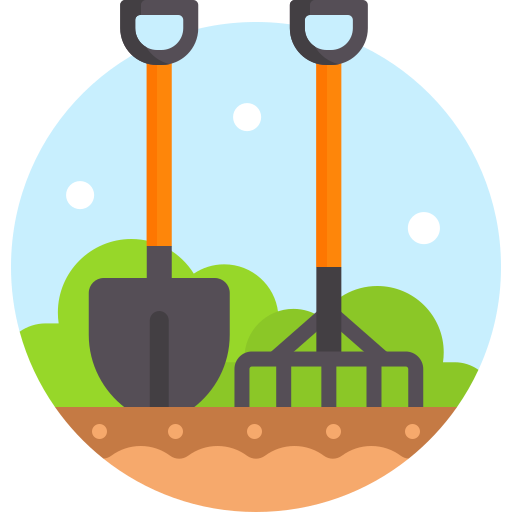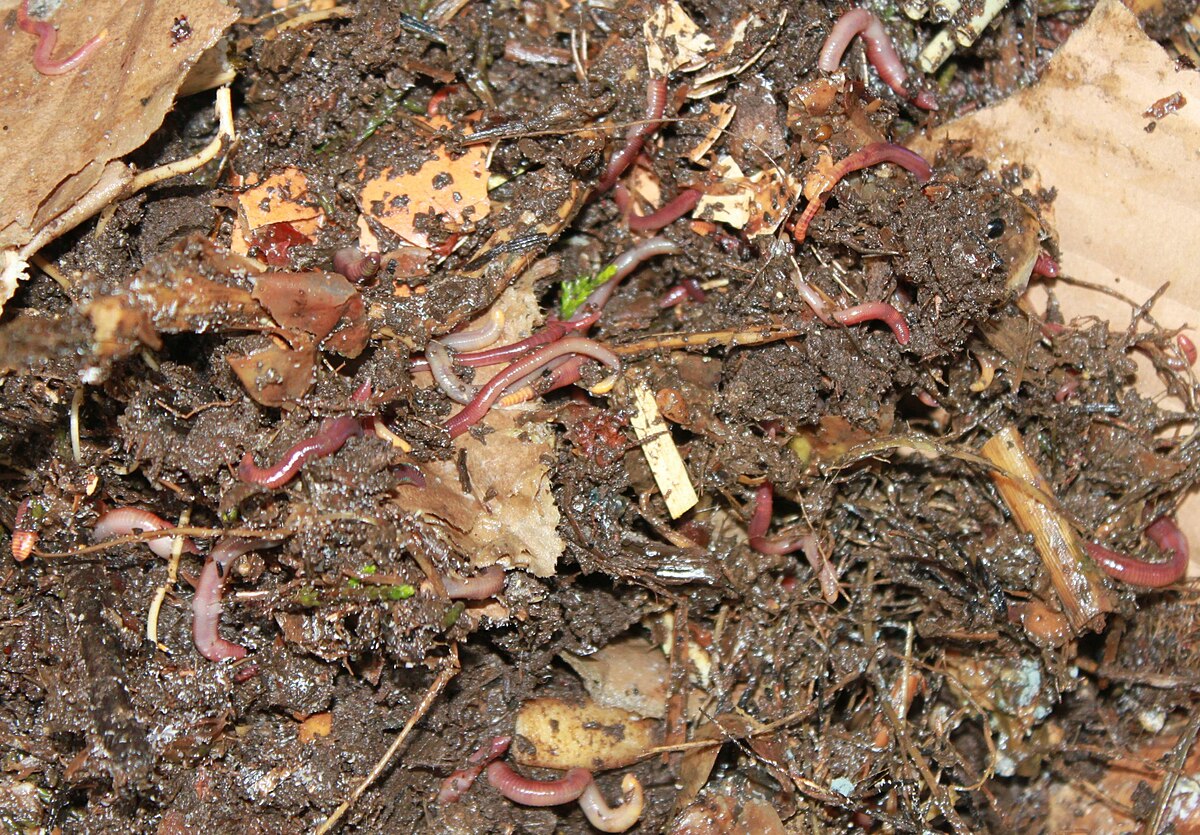We’ve been doing this for more than 2 years here. We live in a tropical country.
We prefer to use buckets. Similar to this: https://www.ruralsprout.com/wp-content/uploads/2020/04/vermicomposter.jpg.webp
We only compost raw vegetables and fruits (non-acidic) because that helps to maintain a healthy environment for the worms with less pests. It’s also easier to maintain.
The only pests we’ve had area: ants, flies and beetles. I believe ants and beetles’ eggs came with some grass we used. Last weekend, I noticed a tiny frog too. I’m hoping it will help me control the insects. 😁
We have 6x15L buckets plus additional buckets for vermiwash. That’s enough for a family of 2.
Benefits: less trash, free nutrients.
Negatives: be prepared to spend half an hour per week in order to mix the waste, kill the ants, clean the buckets, etc.
It doesn’t seem to be your case, but I wouldn’t recommend vermicomposting to tiny spaces, e.g. apartments, because of the flies.
How long would it take it break down a body and what would be remaining after?
Don’t worry there’s an industry for that. https://www.webmd.com/balance/what-is-human-composting
I was just going to use kitchen scraps.
Oh this is for my own information.
I’ve composted meat and bone. Meat breaks down very rapidly. It’s moist which is key, and everything likes to eat it from bug larva to bacteria. You can expect a nice cut of meat to be unrecognizable a week or two after you place it in the core of a healthy compost heap. I even had the opportunity to try this with human tissue: we saved and froze the placentas from my kids births and I composted them. They melted away very quickly.
Bone is another story entirely. My first year composting I decided to throw the bones from a rib family dinner into my pile. Thereafter I kept finding them when I’d turn my pile or sift out finished compost, and I would just throw them back in to take another turn.
It’s now about 12 years after that and I still occasionally find a rib. At first I tried breaking them up with a hammer but that was a bad idea because they shatter everywhere and turn into sharp shards that don’t break down any better :D Now I just throw them in the garbage when I find them.
So you would have a daily easy time getting down to a skeleton but then you’d be stuck with that AFAIK forever.
What if you grind it up?
I guess I’d say first that I don’t have anything on hand to do that with, and I have a lot of shop and garden tools.
If you can turn a skeleton into powder, it’ll no longer be recognizable as a skeleton. It has nothing much to do with composting though. It’s debatable whether the powder would undergo any chemical change by microorganisms. Eggshells for example go into a compost pile and ride along into the soil eventually where they make minerals available to plants, but eggshells don’t get significantly broken down by the composting microorganisms.
Isn’t bonemeal a pretty common soil additive?
Yes, soil additive, not composting material. That’s all I meant. I think the original question was could you compost a body and I said yes except the skeleton and then someone asked what if you grind it up and the answer is still you can’t really compost bone.
You can’t yourself, but if you heat the compost it’s possible.
Our city takes bones as well as dog and cat poo as well as a host of other stuff you can’t compost personally since it’s a heated above 55c and breaks down all that extra stuff.
Municipal compost is put through a tub grinder, which masticates everything to a fine degree. So even there, it’s not really the heat. They are just grinding it to the point where you can’t distinguish it from other bits of rock and silica in the soil.
Video: https://youtu.be/j_RXRqFB_bM?si=g2_1Pt99qIc9cq6g
Also, I’ve gotten my home compost over 160 degrees F which is considerably hotter. I mean the same pile that these bones have survived.
Say a little bit about what you’re trying to get out of it and how much material you want to work with. What will you use the castings for?
I got into it a little but, just using a large plastic bin with some holes drilled in it, then half buried in the ground. Stocked it with worms and fed compostables into the bin.
The worms would die back in the winter significantly. I was more focused on seeding my land and all it’s gardens and compost piles with worms, not really on converting material. I found regular compost tumblers more efficient and faster, easier too.
I don’t know much about vermi composting, but I am thinking of giving it a go.
My thoughts were to get a couple metal grated waste baskets, a bunch of earth worms, shredded cardboard and put one in each of my raised garden beds.
What are its benefits? Downsides(rodents,possums for instance)?
I’d imagine that the worms will distribute their casting’s throughout the garden bed, while making channels for root growth. Ever once in while, I’d probably need to spread the castings from the bin throughout the garden and restart the process.
Guidance is appreciated.
It’s just another way of processing food scrap and yard waste.
You don’t need to do anything special for raised beds if you want to have a ton of worms in them, except mulch the tops of the beds every spring and fall,.and occasionally dig a hole and dump in a bunch of uncomposted food waste. Add layers of straw, wood mulch, lawn clippings, whatever, leaf mulch. Worms will devour everything you put on it and turn it to castings.
Read up on windrow vermicomposting to get an idea of how the worms will literally just work their way down a row of food converting all of it to castings. Some people keep worms just in a heap in the middle of the yard, with nothing special except maybe covering with clear plastic over winter. The worm population will wax and wane based on how much food they have, and as long as the food and substrate doesn’t completely dry out.
I don’t think you should take up raised bed space to put in any kind of composting system unless you absolutely don’t have another place to compost. Kind of wastes the advantage of having raised beds if you’re not using them for your crops. I’d also suggest starting small, and scaling up after some experience.
As the worms munch, the food they eat goes through them and gets broken down. The worms are home to all sorts of good bacteria that help with breaking things down. That’s the idea, break things down so plants can use them, kind of like prechewing their food for them. I’m no expert. I ordered my worms online from Uncle Jim’s Worm Farm and they also have a ton of information on their site to help you get it going.
I sort of gave up on keeping worms after a few years. I just used a bin half buried in the ground. And every so often I would spread some of the worms around to the different garden beds on my property, or when I planted something new, or started a new compost bin or compost heap or whatever. They’re everywhere now, no point in raising them. All the beds are aerated, tilled, and plants growing well. That’s really what the worms and worm castings are for, is enriching the soil. Once your soil is good, if new waste accumulates, the worms that are there take care of it.
Like you can buy worm castings at the store as a soil additive, but if you already have good soil you would not buy worm castings to use just as fertilizer, you’d just buy whatever fertilizer you like. I guess worms are really best for conditioning soil. Part of the thing with raised beds is that you filled them! So they shouldn’t need soil conditioning unless they’ve been abandoned for a long time or if there’s been no crop rotation for a long time.
Really no downsides as far as I can think of, other than the time and effort of making sure they are fed and have enough water (if you’re using a mostly sealed bin as I was). Too much water is as bad as not enough. When it rains and you see worms come out, it’s not because they like the water and want to drink, it’s because their house is flooded and they don’t want to drown.
I don’t know, that’s some insight. Feel free to ask some specific questions.
I toss my scraps in a pile on the ground and whack it with a shovel every now and again to flip it…
I have crickets and centipedes living in it which is great cause that’s it and the centipedes kill practically anything else that tries to live in it.
Honestly I would love to do the tiered buckets and collect the liquid and all that but compost can really be done with 2 wooden boxes in a spot in your yard and a window screen for sifting when you want to use it.
Its just controlled rotting anyways.




